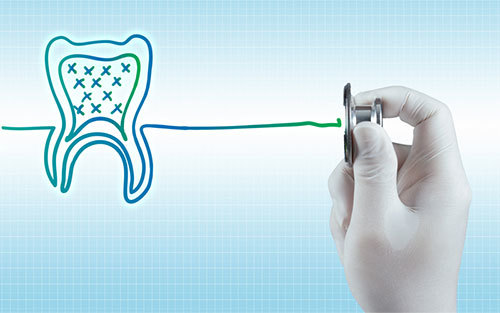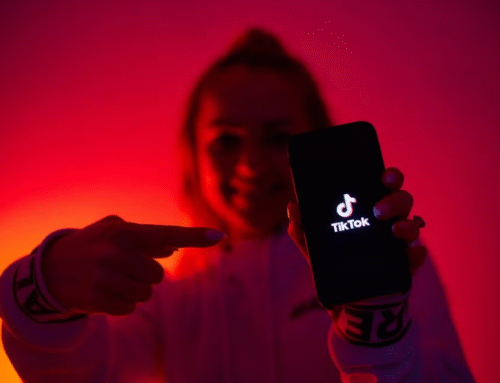
Candy and sodas are known culprits that cause damage to our teeth, thanks to the high sugar content. A number of other foods should be avoided in order to maintain optimal oral health. The list below suggests a few foods we avoid or consume in moderation in order to avoid tooth decay, cavities, gum disease or other damage to our mouths. After eating any of the foods mentioned below, the staff at Icard and Strain Family Dentistry recommend following up with a glass of water and brush and floss afterward, if possible.
Citrus Fruit
The acids in citrus fruits like lemons, oranges, and grapefruit can erode enamel and make teeth more likely to decay over time. Further, frequent consumption of citrus foods can cause and irritate mouth sores. A squeeze of lemon in water is fine in moderation, just consume with a meal and lots of water.
What to reach for instead: Try adding cucumber and mint to your water if you prefer water with a slight flavor.
Chewy Candies
Candy in general is not great for our teeth, but chewy and gummy candies are more damaging. They tend to stick to our teeth more than hard candies and become stuck in the crevices of teeth, and therefore are likely to cause more decay. It’s best to avoid sour candies in particular because the acids in them can break down enamel more quickly.
What to reach for instead: If you’re craving something sweet, try a square or two of chocolate. Alternatively, fresh fruit can help satisfy a sweet tooth as well.
Simple Carbohydrates
Foods like chips, white bread, pasta, and crackers can cause as much tooth damage as candy. Simple carbohydrates made from white flour and starchy foods break down into sugars and linger in the mouth and become trapped in our teeth. Bacteria feasts on these sugars, producing acids which cause decay.
What to reach for instead: Choose whole grain breads or those made with alternative flours like rice, oat or almond. For pasta dishes, try adding zucchini noodles or spaghetti squash as a substitute,
Alcohol
In moderation, some alcohols, like red wine can be good for our heart health, but in excess, can cause damage to our overall health, including our teeth. Like carbonated beverages, alcohol causes dehydration and dry mouth, reducing the amount of saliva production in our mouths. Frequent dry mouth can lead to tooth decay and gum disease. Heavy use can even lead to mouth cancer.
What to reach for instead: Choose red wine over white, which contains less sugar. Beer is another good choice, as it does not contain fructose, but rather maltose. Finally, dry spirits like gin, rum, and whiskey contain few sugars, however, avoid mixed drinks, which drastically increase sugar intake.
Sugary Drinks
Beverages like sodas, sports drinks, and juices can be high in sugars that decay teeth over time. Even “diet” drinks contain high amounts of sugar. Similarly, pure fruit juices can include high amounts of sugar, since whole fruits have fiber and therefore less concentrated sources of sugar and acids.
Carbonated beverages like sodas cause plaque to produce more acid, which eats at the tooth enamel. Further, carbonation, including bubbly water, is actually dehydrating and causes dry mouth. With less saliva production, bad bacterias and foods remain in the mouth causing damage. Lastly, dark-colored sodas can discolor and stain the teeth.
Finally, sports drinks, while great for athletes, may contain high amounts of sugar, depending on the brand. Check for those containing lower amounts of sugar.
What to reach for instead: Water is always the safest choice, but green tea, black coffee, and coconut water are great alternatives as well. Just check that there are no added sugars.
Ice Cubes
This might seem like an odd addition to this list, since ice cubes are just water. However, since they’re hard, frequent chewing can damage our teeth, making them vulnerable to dental emergencies like chips, cracks, or breaks, or loosened crowns.
What to reach for instead: Train yourself to drink just the liquid form of water and opt for beverages without ice to avoid temptation or habitual ice chewing.
Dried fruits
While dried fruits make a healthy snack on occasion, it’s not ideal to get in the habit of eating them on a regular basis. Like chewy candies, dried fruits are sticky and can get caught in the crevices of our teeth. Further, many dried fruits come with added sugars. If you’re going to consume some as a snack, be sure to opt for those without any added sugars.
What to reach for instead: Opt for high fiber, whole fruits.
If you have concerns over your food choices, give our friendly team of at Icard & Strein Family Dentistry in Harrisburg, NC a call at 704.455.5003 so we can help determine the cause of the problems you may be experiencing in your mouth.



